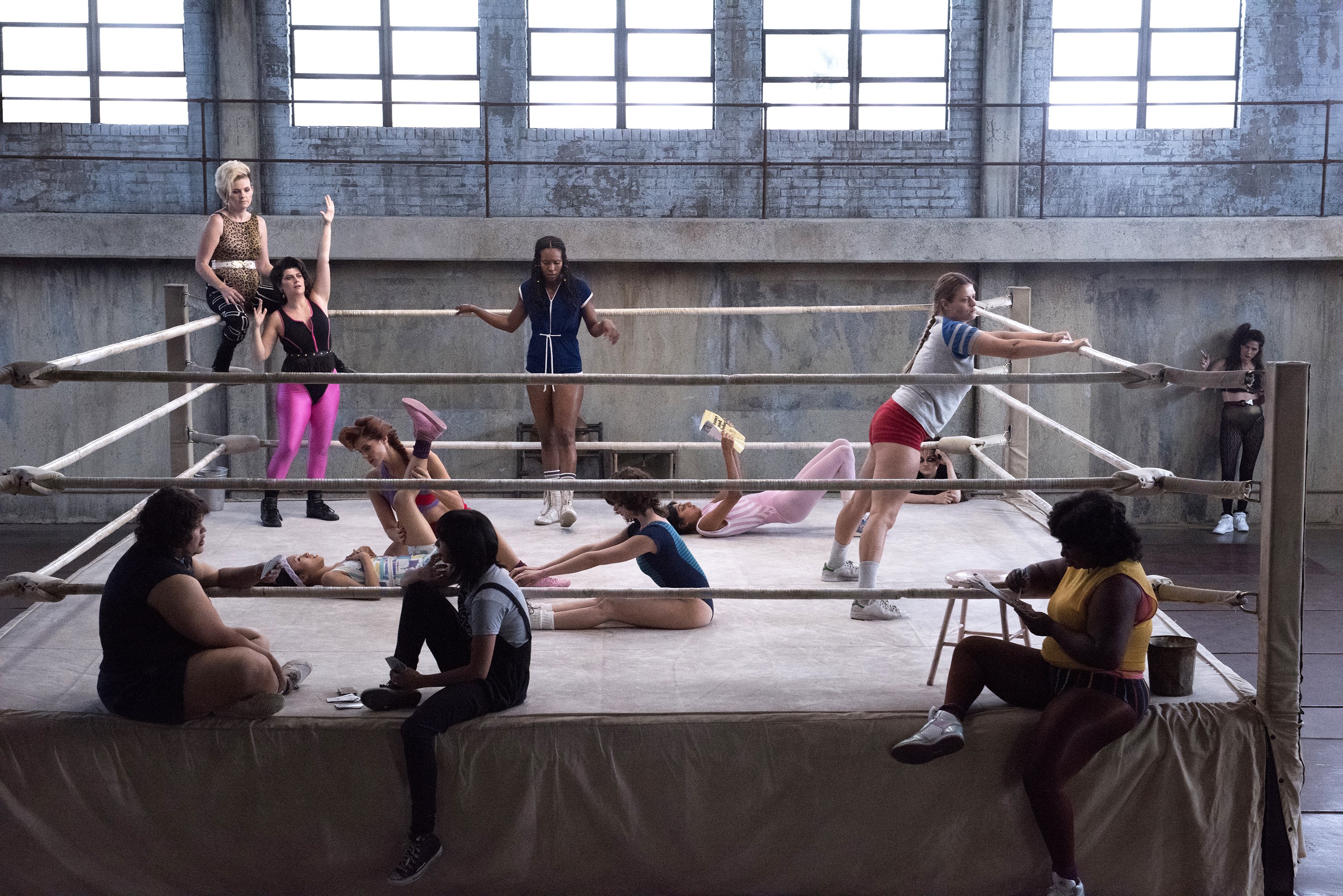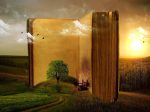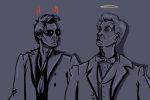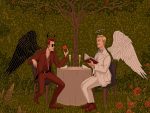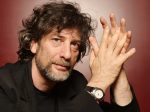Convincing actors, strong plotlines and smooth dialogue are all important to the success of a TV show — but equally important, and often underappreciated, is the soundtrack.
So, below are five current TV shows with soundtracks that not only make for a great casual playlist, but are essential for creating the mood of the show.
1. GLOW
After years of failing to “make it big” in Los Angeles, aspiring actress Ruth Wilder (Alison Brie) auditions for Sam Sylvia’s (Marc Maron) TV show, “Gorgeous Ladies of Wrestling,” also known as GLOW. The Netflix Original is a fictionalized account of the 1980s TV show with the same name, founded by David McLane.
Remaining true to its time setting, “GLOW” includes a soundtrack that features the best of the ’80s and intensifies the on-screen action.
The first episode’s title sequence is set to Patty Smyth’s “The Warrior.” At first listen, audiences might assume the song was chosen to represent the soon-to-be-warriors of female wrestling, or for its upbeat-ready-to-fight aesthetic. But a closer listen to the lyrics about love as wild and painful, surviving the hunger of lust and jealousy and the poison of heartache foreshadows important plot elements of adultery and betrayal.
The writers and directors of “GLOW” have mastered the technique of using the soundtrack to keep the show upbeat, especially during one of its many iconic montage moments. Ruth and ex-best friend Debbie Eagan, played by Betty Gilpin, show potential for reconciliation during a training sequence as Stan Bush’s “Dare” plays. Another almost comical montage moment is a physical confrontation between the two women, which Sam envisions as the perfect wrestling sequence, set to Journey’s “Separate Ways (Worlds Apart).”
Other featured artists include Pat Benatar, Queen, Roxette, Belinda Carlisle, Warrant, Kenny Logins and Bronski Beat. The soundtrack of “GLOW” is perfect for keeping audiences immersed in the 1980s setting while adding another layer to plot and character development.
2. Deadly Class
“Deadly Class” is also set in the 1980s, but its soundtrack is quite different than that of “GLOW.” Stars Lana Condor, Benjamin Wadsworth, María Gabriela de Faría, Luke Tennie, Liam James and Michel Duval play high school students at King’s Dominion, an academy for teenage assassins.
The show focuses on the counterculture of the 1980s, rather than the more mainstream, popular culture of “GLOW,” and its soundtrack perfectly fits the show’s premise. The pilot episode features Depeche Mode, Agent Orange, The Cure, The Sisters of Mercy and other favorites from the ’80s alternative rock, punk and new wave scene.
Pop songs and one-hit wonders might seem like suitable choices for a women’s wrestling show, but this graphic-novel adaptation of the world’s worst killers needs a darker, grittier soundtrack — and SYFY does not fail to deliver.
3. Good Omens
Released on May 31, this Amazon mini-series is an adaptation of Neil Gaiman and Terry Pratchett’s novel of the same name. “Good Omens” tells the story of the advancing Armageddon and the missing Antichrist through the unlikely friendship of the demon Crowley (David Tennant) and the angel Aziraphale (Michael Sheen).
The show’s soundtrack features Queen, which began as an inside joke between Gaiman and Pratchett. Composer David Arnold said his approach to the score was “essentially about friendship and human relationships” during the coming doomsday, which is why “You’re My Best Friend” and “Another One Bites the Dust” are both heard in Episode 5.
Arnold joked on Twitter that the “one tempo that truly matters” is 66.6, referencing the Biblical account of 666 as the number of the Devil. Arnold’s use of this tempo mainly portrays a sense of dark humor in composing the score, but it also demonstrates a dedication to details that may not be explicitly obvious to audiences.
Overall, the soundtrack contributes greatly to the apocalyptic feel of the show, featuring Arnold’s original scores, The Killers, Elvis Presley, Muse, Arcade Fire and ZZ Top.
4. Fosse Verdon
“Fosse Verdon,” starring Michelle Williams and Sam Rockwell, is told through flashbacks that reveal the love and animosity between choreographer/director Bob Fosse and singer/dancer Gwen Verdon — both in their personal and professional lives (although, as the series progresses, the border between those lives becomes obscure).
The soundtrack includes full-length versions of songs that are often only partially heard in the episodes, as they are part of dance numbers or rehearsal sessions. These include Broadway-style numbers from “Sweet Charity,” “Cabaret,” “Can-can,” “Damn Yankees,” “Pippin,” “All That Jazz” and “Chicago”— all of which Fosse directed or in which Verdon starred.
All versions of these Broadway hits heard in “Fosse Verdon” are performed by the cast, but the soundtrack includes versions by producer Lin-Manuel Miranda and the original Broadway cast recordings, including renditions by the real-life Gwen Verdon.
The show’s producers, composers and directors beautifully maintain a soundtrack that is true to the jazz-style of Fosse’s choreography and Verdon’s most famous dance numbers, even when the music is not directly from Broadway.
5. American Gods
Based on the novel by Neil Gaiman, “American Gods” follows ex-convict Shadow Moon (Ricky Whittle) as he travels across the backroads of the United States, acting as a bodyguard for a mysterious man called Wednesday (Ian McShane). What begins as a seemingly simple job turns out to be Wednesday’s quest to unite the Old Gods against America’s rising divinities — Media, Technical Boy, The Black Hats, The Intangibles and, their leader, Mr. World.
Brian Reitzell scores the show, and he does an amazing job at featuring songs that fit the personalities and stories of both the Old and New Gods. If you have ever listened to the Sirius XM radio station “Outlaw Country,” you will likely recognize many of the songs, especially those played when Wednesday is on screen. Although he technically is neither human nor American, Wednesday embodies the suave and charismatic outlaw persona of the American West.
In terms of music for the New Gods, watch this scene with Media, donning a David Bowie inspired look, reprimanding Technical Boy as a soft-techo beat hums in the background.
The soundtrack includes Reitzell’s original compositions, such as the main title theme and his rendition of “St. James Infirmary Blues,” as well as songs by Nirvana, Danny Farrant, Bob Dylan and Johnny Cash.


